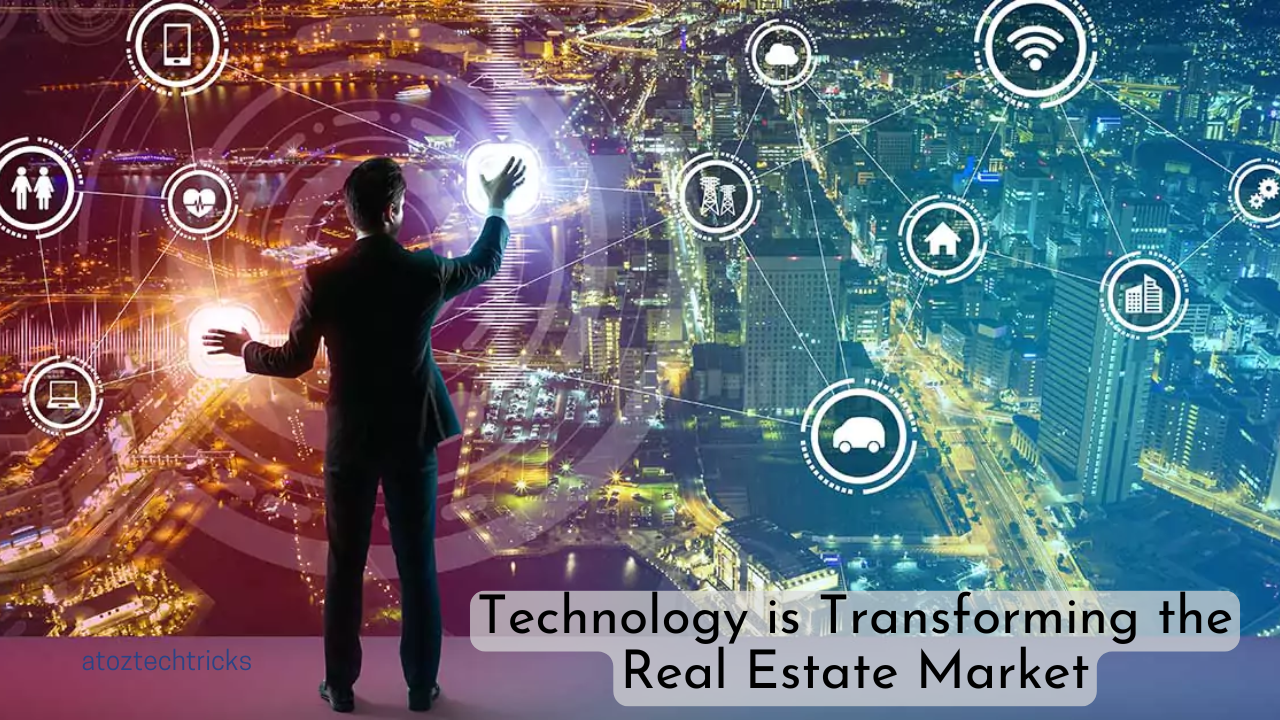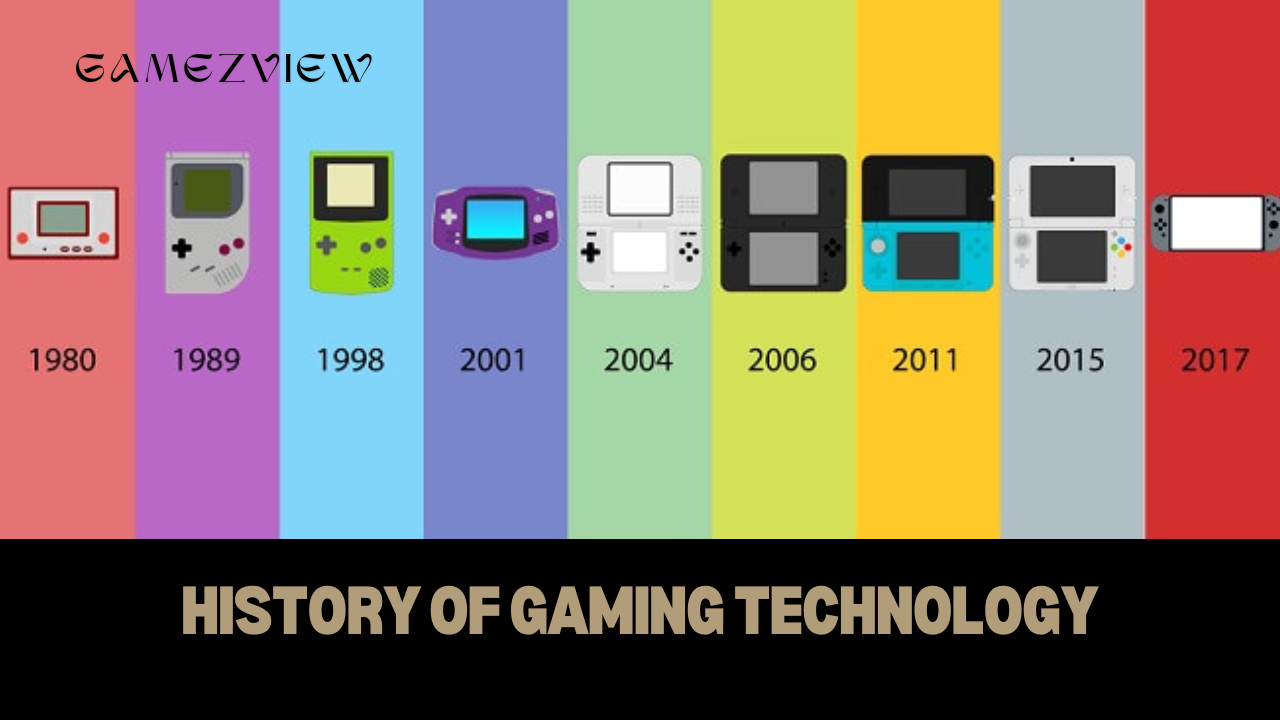Technology has profoundly reshaped various sectors, and real estate is no exception. The integration of digital tools and platforms has not only streamlined operations but also created new opportunities for buyers, sellers, and real estate professionals. This article delves into the multifaceted ways technology is transforming the real estate market, from virtual tours and data analytics to blockchain and smart homes.
The Rise of Virtual Tours and Augmented Reality
Virtual Tours
Virtual tours have revolutionized how properties are showcased. Traditionally, buyers had to visit multiple properties physically, which was time-consuming and sometimes impractical. Today, virtual tours allow prospective buyers to explore properties from the comfort of their own homes. These tours use high-definition images and 360-degree video technology to provide a comprehensive view of a property’s layout and features.
This innovation not only saves time but also expands the reach of real estate listings. Buyers from different geographic locations can now view properties without the need for physical travel. This has particularly benefited sellers and agents by broadening their audience and increasing the likelihood of quicker sales.
Augmented Reality (AR)
Augmented reality (AR) takes virtual tours a step further by overlaying digital information onto the real world. Through AR apps, users can visualize how furniture and decor would look on a property. This feature helps buyers envision the potential of a space, making it easier for them to imagine living there.
For real estate agents, AR tools enhance presentations by allowing them to create interactive experiences for potential buyers. For instance, AR can highlight the dimensions of a room, showcase different design options, or simulate changes in lighting. These capabilities make property tours more engaging and informative.
Big Data and Analytics
Predictive Analytics
Big data and predictive analytics are game-changers in real estate. By analyzing large datasets, real estate professionals can identify trends and make informed predictions about market conditions. Predictive analytics can forecast property values, rental income potential, and market shifts, enabling investors and developers to make strategic decisions.
For instance, data-driven insights can reveal emerging neighbourhoods with high growth potential, helping investors target lucrative opportunities. Similarly, predictive models can estimate future rental demand, guiding property managers in setting competitive rental rates.
Market Analysis Tools
Real estate platforms now utilize sophisticated market analysis tools to provide comprehensive reports on property values, market trends, and neighbourhood statistics. These tools aggregate data from multiple sources, offering real-time insights into market conditions. Real estate agents and investors use this information to gauge the profitability of transactions and make data-backed decisions.
Blockchain Technology
Streamlining Transactions
Blockchain technology has the potential to streamline real estate transactions by enhancing transparency and reducing fraud. Traditional real estate transactions involve multiple intermediaries, such as brokers, notaries, and title companies. Blockchain can automate and simplify these processes through smart contracts, which are self-executing contracts with terms directly written into code.
Smart contracts can facilitate secure and transparent transactions by automatically executing terms once conditions are met. For example, a smart contract can transfer ownership of a property once payment is confirmed, reducing the need for manual intervention and minimizing the risk of fraud.
Title Verification
Title verification is another area where blockchain can make a significant impact. Blockchain’s immutable ledger ensures that property titles are recorded and verified securely. This reduces the risk of title fraud and disputes, as all transactions and ownership changes are permanently recorded and accessible.
Artificial Intelligence (AI) and Machine Learning
Personalized Recommendations
Artificial intelligence (AI) and machine learning enhance the real estate experience by offering personalized recommendations. AI algorithms analyze user preferences, search history, and behavioural patterns to suggest properties that align with individual needs and desires. This level of personalization improves the efficiency of property searches and helps buyers find their ideal homes more quickly.
For real estate agents, AI-powered tools can automate lead generation and follow-up, allowing them to focus on building relationships and closing deals. AI can also assist in identifying potential buyers by analyzing data from social media, online behaviour, and market trends.
Property Valuation
Machine learning models are increasingly used for property valuation. These models analyze historical sales data, market trends, and property features to estimate the value of a property accurately. Automated valuation models (AVMs) provide real-time appraisals, making it easier for buyers and sellers to determine fair prices.
Smart Homes and IoT
Home Automation
Smart home technology has become a significant trend in real estate. Internet of Things (IoT) devices, such as smart thermostats, lighting systems, and security cameras, enhance the functionality and convenience of homes. Home automation systems allow homeowners to control various aspects of their property remotely, providing added comfort and security.
Smart homes appeal to buyers looking for modern, tech-savvy living spaces. Features such as energy-efficient systems, voice-controlled assistants, and integrated home security enhance the appeal of properties and can increase their market value.
Energy Efficiency and Sustainability
IoT technology also contributes to energy efficiency and sustainability. Smart meters and energy management systems help homeowners monitor and optimize their energy consumption, reducing utility costs and environmental impact. Real estate developers and builders are increasingly incorporating green technologies into new constructions to meet the growing demand for eco-friendly homes.
Real Estate Platforms and Online Marketplaces
Online Listings and Marketplaces
Online real estate platforms and marketplaces have transformed the way properties are bought and sold. Websites and apps like Zillow, Realtor.com, and Redfin provide comprehensive property listings, including detailed descriptions, photos, and virtual tours. These platforms offer user-friendly interfaces that allow buyers to search for properties based on various criteria, such as location, price range, and features.
For sellers, online marketplaces provide a broader reach and more exposure for their listings. The ability to list properties on multiple platforms increases visibility and attracts a larger pool of potential buyers.
Automated Property Management
Property management has also benefited from technology through automated systems. Property management software streamlines tasks such as rent collection, maintenance requests, and tenant communication. These tools simplify administrative tasks for landlords and property managers, improving efficiency and tenant satisfaction.
Real Estate Investment Technology
Crowdfunding Platforms
Real estate crowdfunding platforms have democratized property investment by allowing individuals to invest in real estate projects with relatively low capital. Platforms like Fundrise and RealtyMogul enable investors to pool their resources and participate in large-scale real estate ventures that were previously accessible only to institutional investors.
Crowdfunding offers opportunities for diversification and reduces the barriers to entry for individual investors. It also provides transparency by offering detailed information about investment projects and potential returns.
Real Estate Investment Trusts (REITs)
Technology has also transformed Real Estate Investment Trusts (REITs). Online trading platforms and digital investment services have made it easier for investors to buy and sell REIT shares. REITs provide an opportunity to invest in a diversified portfolio of real estate assets, generating income through dividends and capital appreciation.
The Future of Real Estate Technology
Integration of AI and Blockchain
The future of real estate technology lies in the integration of AI and blockchain. Combining these technologies can further enhance transaction security, streamline processes, and provide more accurate property valuations. AI algorithms can analyze blockchain data to identify trends and optimize investment strategies, while blockchain can ensure transparency and reduce fraud.
Enhanced User Experiences
Advancements in virtual reality (VR) and augmented reality (AR) will continue to improve user experiences in real estate. As VR and AR technologies become more sophisticated, they will offer even more immersive property tours and interactive design options. This will further bridge the gap between digital and physical property experiences.
Sustainable and Smart Cities
The trend towards sustainable and smart cities will shape the future of real estate. Technology will play a crucial role in creating energy-efficient buildings, smart infrastructure, and connected communities. Real estate developments will increasingly focus on sustainability, resilience, and quality of life, driven by technological innovations.

Technology is reshaping the real estate market in profound ways. From virtual tours and AI-driven insights to blockchain and smart home innovations, the integration of digital tools is enhancing the efficiency, accessibility, and appeal of real estate transactions. As technology continues to advance, its impact on the real estate industry will only grow, creating new opportunities and challenges for buyers, sellers, and professionals. Embracing these technological advancements will be key to thriving in the evolving real estate landscape.
Understanding the Basics of Cybersecurity: Tips for Protecting Yourself Online





